Starting in mid-April, anti-COVID-19 lockdown protestors stormed and shut down everything from statehouses to Subway restaurants with assault weapons and pipe wrenches. These protests are being framed around gun rights and free speech issues. Protests are allegedly about fully re-opening the economy following state-sanctioned shutdowns. Protestors appear to perceive that quarantine measures to keep them safe and reduce the spread of COVID-19 are violations of their civil liberties. In turn, they act out their frustrations through expressions of their 1st and 2nd Amendment rights. Anti-lockdown protests have now occurred in 31 states across the country and gun sales surged to nearly 2 million in March.
With COVID-19 cases spiking, unemployment claims remaining high, and some states discussing rolling back reopening, we could see a resurgence of anti-lockdown protests in some places. We investigated one central question: what is the relationship between guns, politics, and anti-lockdown protests? In order to investigate these issues, we analyzed an assortment of data and ask whether the uptick in gun purchases will continue into the future and whether right-wing and militia groups will use COVID-19 as an opportunity to recruit and enhance their cause.
Guns and politics
As of 2020, states that voted Republican in the 2016 presidential election have a 37% higher gun ownership rate than states that voted Democrat. In states that voted Republican in 2016, 39% of the residents own guns compared to 25% in states that voted Democrat. Alaska, Arkansas, and Idaho are on the high end at over 55%, while Rhode Island and Delaware are on the low end at less than 6%. This is not surprising considering that conservative states have more lenient gun laws.
While gun ownership is frequently mentioned as one of the hot-button issues that divides America, COVID-19 seems to be changing the tenor of the discussion. Though states with populations that predominately identify as conservative are more likely to own guns, this does not mean gun purchases have increased the most in these states during the COVID-19 pandemic. Using data from Gallup that captures the percentage of state residents who identify as conservative, liberal, or moderate, Figure 1 shows the relationship between conservative ideology and percent increase in gun permit applications from February to April 2020. There is a negative relationship between gun permits and conservative ideology during this period.

Figure 2 shows the relationship between liberal ideology and percent increase in gun permit applications from February to April 2020. There is a positive relationship between gun permits and liberal ideology. Moreover, gun permits have increased the most during the COVID-19 pandemic in states that tend to be more liberal, both in terms of citizen ideology and political party of state governor. Four of the top 10 states with the largest gun permit increases are in the New England area including Rhode Island, New Hampshire, Vermont, and Maine. In recent months, Vermont had a record high for background checks and Delaware had a record high for gun sales. Kentucky at 20 on the liberal ideology scale and Massachusetts at 35 are the outliers.

From February to March 2020 using data from ammo.com, ammunition purchases in states that voted for Democrat Hillary Clinton in 2016 were nearly double that of states that voted for Republican Donald Trump. However, much of the ammunition purchases are concentrated in two states—Delaware and Vermont. Ammunition purchases in each of these two states were about 10 times higher than other states. When Delaware and Vermont are omitted from the analysis, Republican states have larger ammunition purchases than Democratic states.
Additionally, it is important to note that Vermont (though voting for Hillary Clinton in 2016) has a higher conservative ideology score (29) than liberal ideology score (24). Delaware reports the highest percentage of residents in any state with a moderate political ideology score (43). Nonetheless, it is unclear whether ammunition purchases are dispersed across many people in these states or whether these purchases are limited to a small number of people. Nor do the data tell us who is purchasing guns and ammunition. While some may speculate that liberals are purchasing guns, it could be a surge among conservatives in liberal states. We do know that ammunition purchases surged nearly 600% throughout the United States from February to April, which is a major increase in this time of uncertainty.
Guns and anti-lockdown protests
With liberal-leaning states being hit harder by COVID-19, every Democratic governor imposed shutdowns whereas only 69% of Republican governors enacted shutdowns. Protests have occurred in 66% of states with Democratic governors and only 46% of states with Republican governors. Twenty of the 31 states where anti-lockdown protests have occurred had higher than average gun permit increases from February to April.
Figures 3 and 4 show the relationship between gun permit applications and political ideology for states that had protests. As gun permits and conservative ideology increase, states are less likely to have protests. Conversely, in states where gun permits and liberal ideology increase, protests are more likely to occur as well. For example, Michigan, the site of some of the more contentious anti-lockdown protests, saw a nearly 340% increase in gun permits from February to April 2020.


Altogether, protesters are more likely to target states with Democratic governors. Residents in states with more liberal ideologies are more likely to submit applications for guns and purchase ammunition during COVID-19. With anxieties being high, it is plausible to assume that people are purchasing guns to protect their families. While this may be occurring to a certain extent, the protests and the protesters themselves paint a very different picture.
Anti-lockdown protesters are overwhelmingly conservative and white. Protests from Michigan to North Carolina are laced with right-wing and racist slogans and images such as dolls hanging from nooses, Nazi propaganda, and confederate flags. It seems anti-lockdown protests to express the 1st and 2nd amendments are masks for racism and the pursuit of an America that once was. This is a pattern we all should worry about.
The Brookings Institution is committed to quality, independence, and impact.
We are supported by a diverse array of funders. In line with our values and policies, each Brookings publication represents the sole views of its author(s).

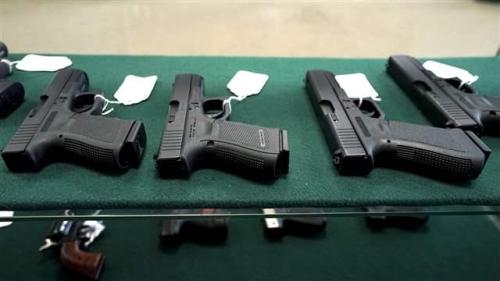
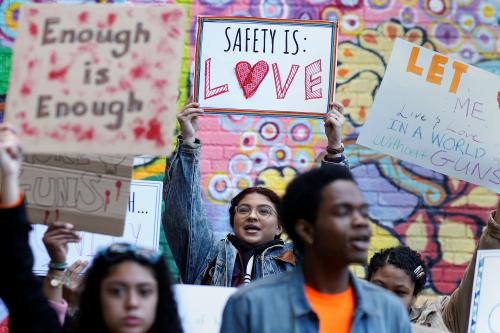
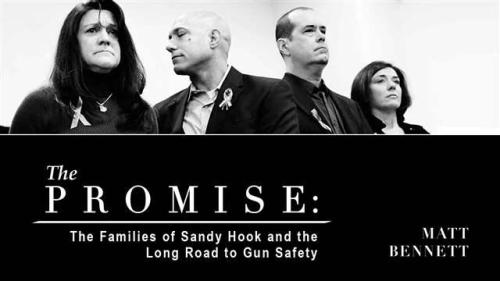

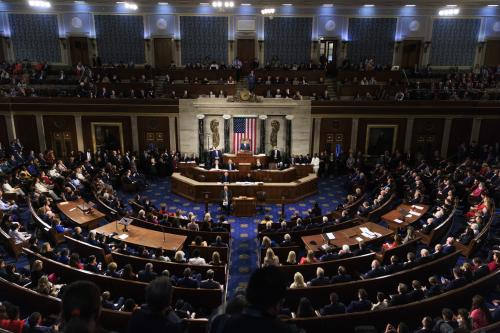
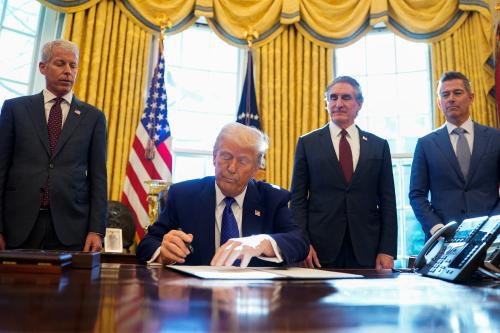

Commentary
How COVID-19 is changing the gun debate
June 17, 2020